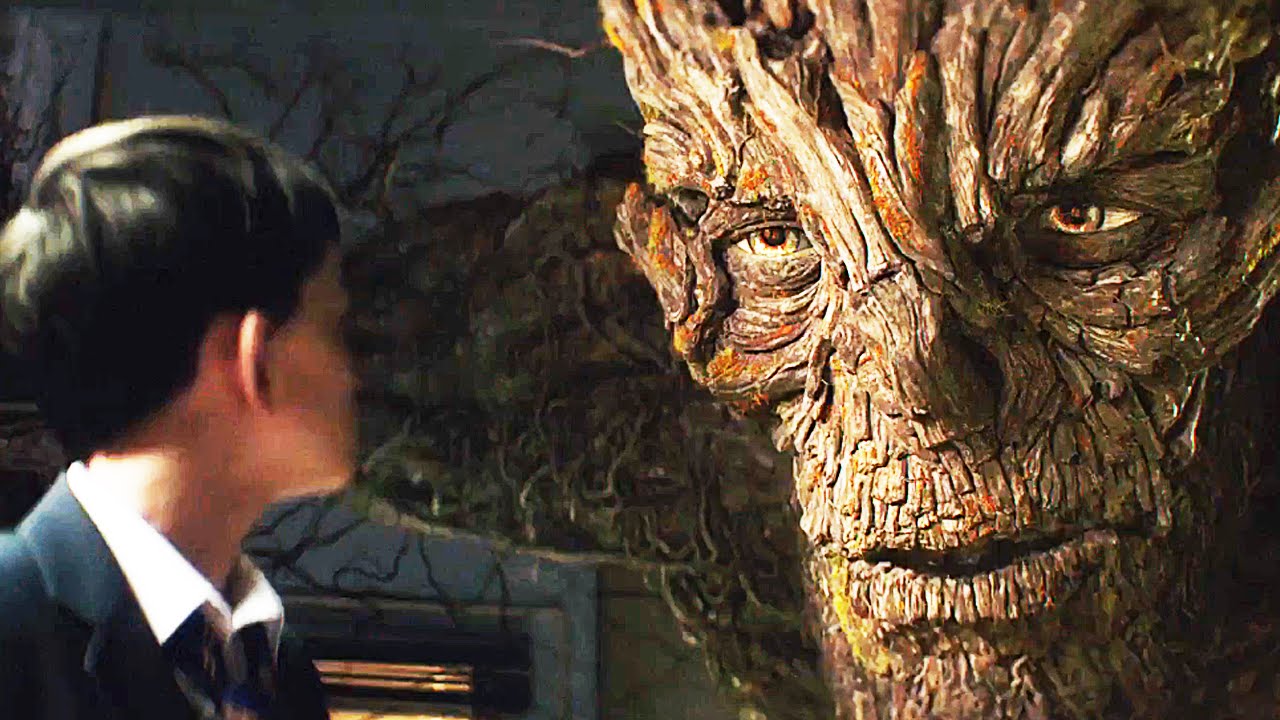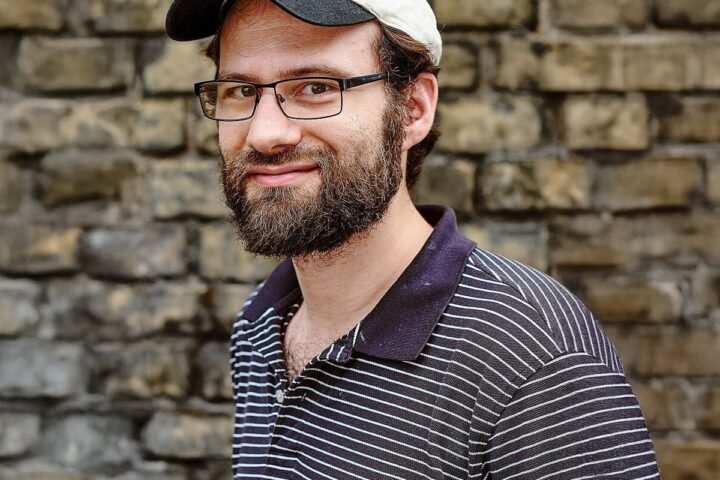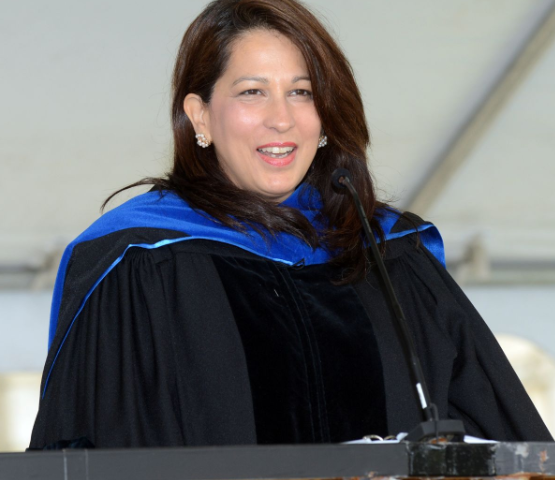Patrick Ness is the author and screenwriter of the recently adapted novel “A Monster Calls”, a work inspired by Siobhan Dowd who died of cancer before the book’s publication.
“A Monster Calls” tells the story of 12-year-old, Conner O’Malley, who struggles to cope with his mother’s terminal cancer.
Everywhere Conner turns he is met with misunderstanding. At school, he is bullied, and at home, his domineering grandmother treats him like a child—until one night when he is visited by an imposing tree monster that tries to help him come to terms with his frustration.
The film, which I reviewed in an earlier issue of the Knight News, is a deeply engaging and moving cinematic experience that blends realism and fantasy and refuses to give easy answers to emotionally complex problems.
Ness has also authored the acclaimed YA novels of the “Chaos Walking” series, “The Rest of Us Just Live Here”, and “More Than This”. His next book, “Release,” will be released in May.
I sat down with Ness to discuss the inspiration for the film, the filmmaking process and advice for aspiring writers.
Since the original ideas for “A Monster Calls” were given to you by Siobhan Dowd, what was the process of making these ideas your own?
When she brought me the material, I was hesitant. There is a paradox if you start out writing with good intentions you’re in danger of writing something quite bad, but if you pay attention to the story, it’s inevitably going to contain everything you want to say. I didn’t want it to be a memorial. She wouldn’t want it to be a memorial. But when I read [the original idea from Dowd], it immediately started suggesting other ideas. When an idea starts suggesting other ideas, that’s the one you have to follow. So I said to my publishers “this is not about my ego, but I need complete freedom because that is what Siobhan Dowd would have had.” I can’t write the story she would have written, but I can try to write a story she would have loved, and that difference made the process possible.
The giant-child relationship has been explored in other works of fiction, most recently in the film adaptation of BFG, was this something you were thinking about while writing A Monster Calls?
I have not read BFG. What [this story] came from was what I desperately wanted as a 12-year-old reader and was not getting. The big creative tension in all literature, especially young people’s literature, is the tension between how the world should be and how the world is. I felt growing up I was getting far too much ‘should be’ and not enough ‘is.’ As a kid, I did not trust advice if it was sugar coated. I thought if you are sugar coating it you are not taking me seriously. The characters I find compelling in fiction are those who are kind without being at all nice. That I can trust. [The monster] doesn’t care he gets Conner in trouble. He doesn’t care that he wrecks things. He doesn’t care that he’s scary. I can trust him because of that. That is what I wanted to hear. Somebody who would have spared me the BS.
When did you know when you wanted to be an author?
I never knew I wanted to be an author. I always knew I wanted to be a writer. I didn’t think people from the tiny suburbs of Seattle – Not the fancy suburbs either – became working writers. I knew for a long time I enjoyed it. I never thought I could do it. It sounds a bit glib, but I believe that real writers don’t write; they write anyway. I never believed [I could become an author] until I was making a living out of it.
What advice would you give to aspiring writers in college?
There is no way to say this without sounding pollyanna in print. Write something you will read yourself because you’ll be amazed at how many people don’t. [Writers] get a little calculating, even without realizing it, and think about this is what the market needs, and this is what has been published before. These aren’t bad ambitions. [Although] no one was necessarily looking for Zadie Smith’s first novel. She just sat down and wrote it. You can tell there is fire there and joy in the writing. If you write a story, you are burning to return to everyday, no matter how weird, how difficult, [readers] will respond.













